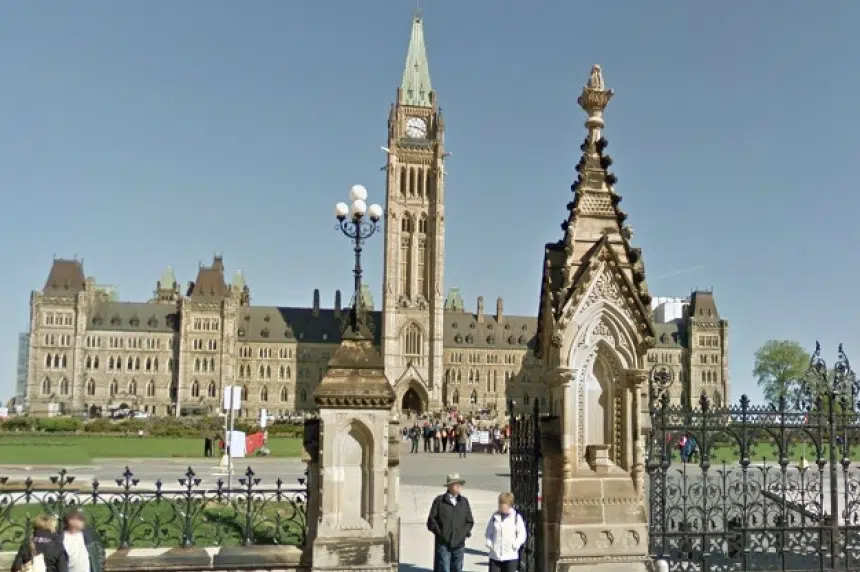Predictions for Canada’s latest budget include robust spending — though less on COVID-19 — and a possible expansion of capital gains.
Finance Minister Chrystia Freeland is to unveil the federal budget Thursday at 2 p.m. Saskatchewan time.
Business analyst Paul Martin said he anticipates fewer dollars going to COVID but strong spending nonetheless, thanks to extended social programs the NDP has had a hand in orchestrating.
The NDP and the Liberals entered into a “confidence and supply” deal on March 22.
Martin said the invasion of Ukraine has shown how “sadly behind” Canada is on its defence commitments, and noted that could come up in the budget.
The business community is also anticipating a possible expansion of capital gains.
“If you sell an asset other than your house, pretty much, you have to take half of what you made into income,” Martin explained.
He said some think that could be expanded from half to two-thirds or three-quarters.
“(It) used to be like that years ago and then they went back to half,” Martin said. “I think there’ll be a lot of grumbling and moaning about that.”
Pushing back against that is the rising price of commodities. Prices that have been rising as high as they are for the past year offer a potential “windfall” for government, Martin said.
Another factor that could prevent an increase in taxes for Canadians this budget is pre-loaded stimulus, a term Martin said many are not familiar with.
“During the pandemic, we couldn’t go spend money,” Martin explained. “We were shut in … so people accumulated a lot of cash.”
He said the argument is that this would mean the government doesn’t have to step in, instead allowing consumers to stimulate the economy through spending.
Moe weighs in with budget wish list
Saskatchewan Premier Scott Moe said there are two main hopes he has ahead of the budget’s release.
Those include more money for health-care transfers and shifting the carbon tax scheme to be provincially administered.
Moe said about $600 million is spent each year on surgeries in Saskatchewan and the province has been adding to that in recent years. He said the $61 million in financial help already promised to Saskatchewan by the federal government will help, but has limitations.
“We’re appreciative of those dollars but they’re one-time dollars and they do nothing for ongoing stability of our surgical capacity,” Moe told reporters earlier this week.
Repositioning the carbon tax to be a provincial responsibility, Moe said, would allow provinces to move forward with the provincial offset program and the provincial carbon credit program.
“And (that would) really encourage companies to continue to invest in sustainable production of our products, of which we’re already the most sustainable in the world,” Moe said.
The premier said there’s a significant importance to place on sustainable production of food, fuel and fertilizer.
He said this has posed a problem in the United Kingdom, where reliance on such resources from Russia has challenged energy and food security.
— With files from 980 CJME’s Lisa Schick











